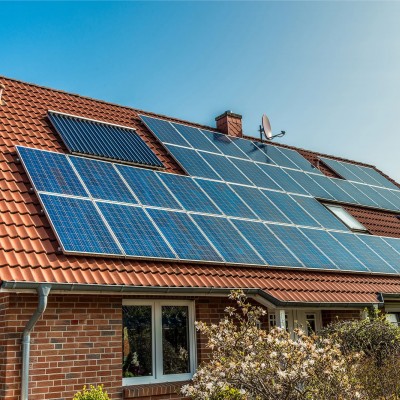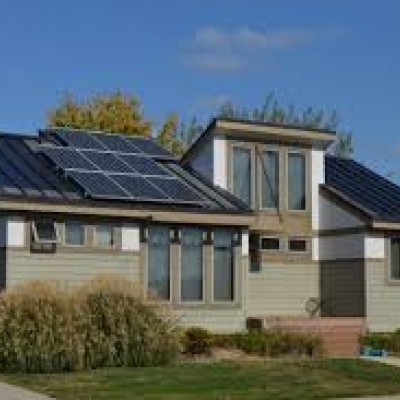MA Senate votes to change renewable energy property tax exemption
Instead of passing a bill to raise net metering caps, the Massachusetts Senate voted last week to advance legislation that would alter the long-standing property tax exemption for renewable energy projects. The bill (S.B. 2364) was passed out of the Senate Committee on Rules on March 26th and voted on by the Senate on the same day. Should this bill become law, it will:
- Revoke the property tax exempt status of certain existing solar systems;
- Impose new administrative, legal and reporting requirements on solar projects; and
- Increase costs, through property tax payments, for many community shared, agricultural and low-income solar projects.
Under current law (M.G.L. c. 59, sec. 59), solar systems directly serving the energy needs of a property are exempt from property taxes:
[a] solar or wind powered system or device which is being utilized as a primary or auxiliary power system for the purpose of heating or otherwise supplying the energy needs of property taxable under this chapter; provided, however, that the exemption under this clause shall be allowed only for a period of twenty years from the date of the installation of such system or device.
Until 2014, the Department of Revenue interpreted this language as providing the exemption only to taxpayers whose solar (or wind) systems were interconnected directly to their building. Under this interpretation, virtually net metered solar systems did not qualify for a property tax exemption. This changed. however, when the Appellate Tax Board issued its Findings of Fact and Report in Forrestall Enterprises, Inc. v. Board of Assessors of The Town of Westborough (read summary here). In that case, the Appellate Tax Board ruled that because a property owner was using an off-site solar project located on land he owned as a source of electricity (through virtual net metering) for another property for which he was the sole owner, that solar project was exempt from property taxes.
In 2016, the Appeallate Tax Board found again in KTT, LLC v. Board of Assessors of The Town of Swansea that virtually net metered solar systems were exempt from property taxes (read summary here). At issue in this case was an off-site solar project that allocated 2% of the net metering credits it generated to the electricity bill of the system owner. The remaining 98% were allocated to the electricity bills of several branches of a local bank, which were located in different towns.
The bill passed last week by the Senate is likely in response to the Appeallate Tax Board decisions, which made it clear that virtual net metering systems were property tax exempt. However, in passing the bill the Senate has made no provision to grandfather existing solar system under the current exemption and seeks to apply this change in policy retroactively.
The bill narrows the current property tax exemption for renewable energy systems to those that "produce not more than 125 per cent of the annual electricity needs of the real property upon which it is located." Real property is defined to include "continuous and non-contiguous" real property located within the same municipality that is owned or leased by the owner of the real proprty. All other solar and wind systems would only be exempt from property taxes if they extered into a payment in lieu of taxes (PILOT) agreement with a local municipality. Additionally, the legislation requires an annual declaration under oath to the Department of Renevue regarding the type of system, size, annual electricity needs of the property and generating of the solar or wind system.
As drafted, the bill should not change the tax status of existing or new residential rooftop or commerical systems, provided they do not generate more than 125% of a property's annual electricity needs. But it will change the tax status for many community shared, agricultural and low-income solar projects, which are often located on vacant or unused land with little to no electricity demand and credits are shared or sold to individuals and businesses in other municipalities.


